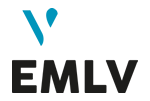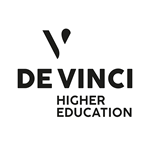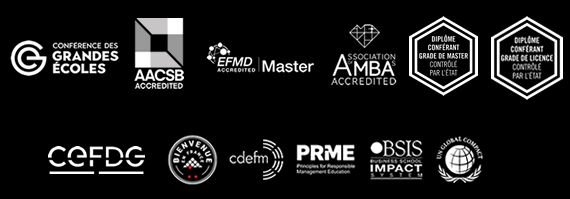MBA programs can be summed up in two words; preparation and commitment. Whether the potential candidates are fresh undergrads or have been in the workforce for many years, the decision needs a considerable amount of thought.
When considering an MBA degree, there are factors to keep in mind, including putting on hold certain career achievements to chase a long-term goal and an additional move in climbing the work ladder. However, there are many steps that make the process easier, more organized, and achievable.
Academic Preparation
An application is stronger if candidates target their academic weaknesses before submitting the application. MBA curricula move very quickly, so looking into the opportunity of learning basic courses in advance, or revisiting some if they were previously studied, can be quite helpful. After all, “By failing to prepare, you are preparing to fail.” (Benjamin Franklin). Moreover, working on the soft skills and improving them is an added value to any business school since most of the classes rely on team work, presentations and pitches, and a cross-cultural exchange with fellow students and instructors.
An additional piece of advice during the preparation phase would be to expand the reading list and get up to speed on current industry updates. Being up to date on the latest case studies places any candidate ahead of the others.
MBA Programs and Career Goals
Before choosing the academic focus, an MBA degree should be looked at as a means to an end, rather than the goal itself, and determining the next career step can only be done by asking a lot of questions. Having a career path in mind and laying out future options will allow a further filtering between programs. It can be a simple roadmap from point A to B, and then to C, and so on. By mapping things out, it will become clearer where the MBA fits to reach each point.
Alumni Networking
After researching and narrowing down the options of potential business schools, it’s never too early to start asking questions and connecting with some alumni. Preparing a campus visit is also advantageous as seeing the current students’ experience will benefit any candidate in discovering the school’s atmosphere. Building connections early on through networking is a great asset, especially since many of the alumni students will participate in school activities during the study period, so getting ready by refining the resume, references and recommendation letters will go a long way.
In the end, it’s not about ‘working hard’ but also ‘working smart’ to get the most out of the efforts put into the whole process.
For more information, don’t hesitate to contact the Alumni Office.





















